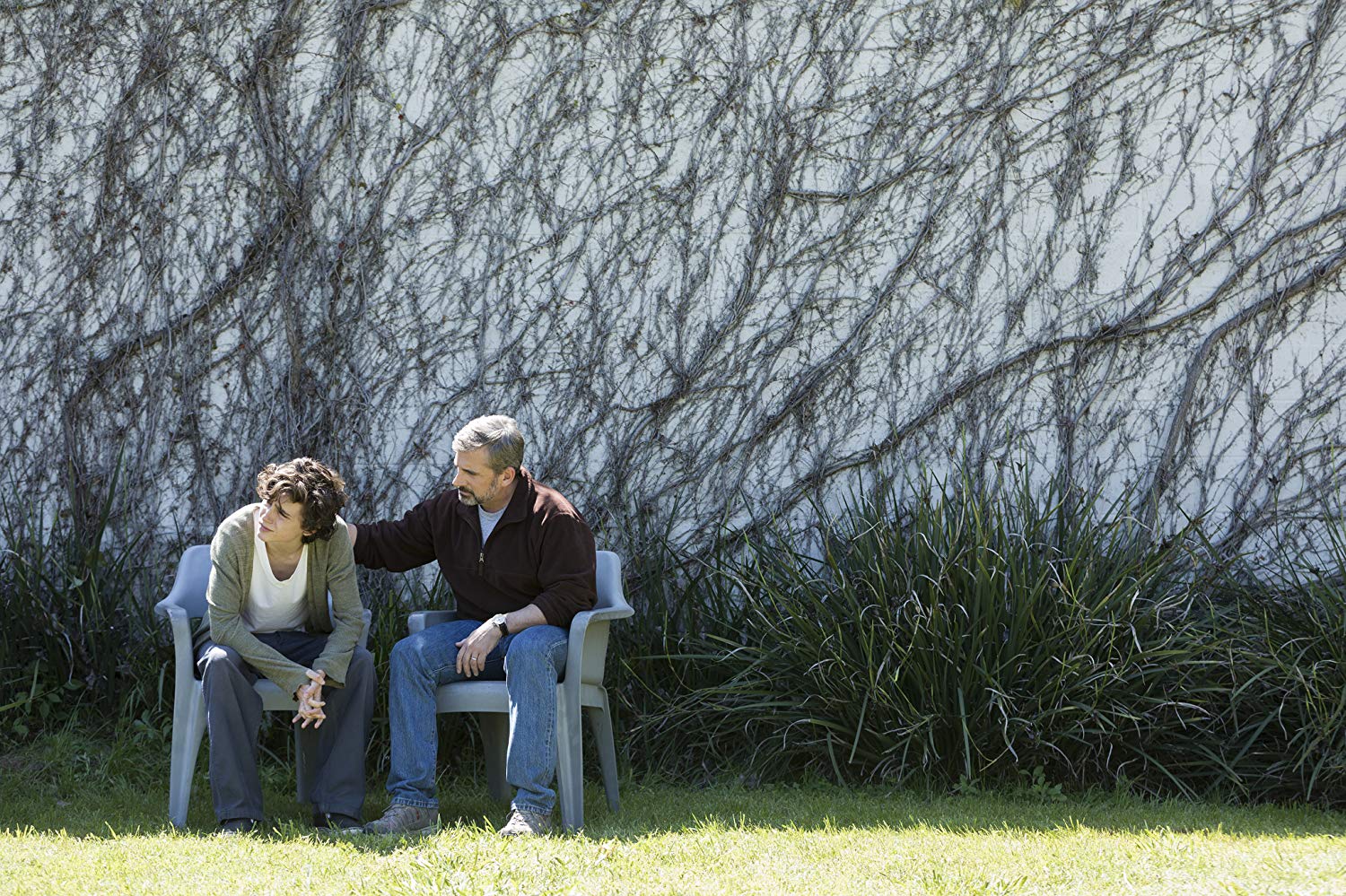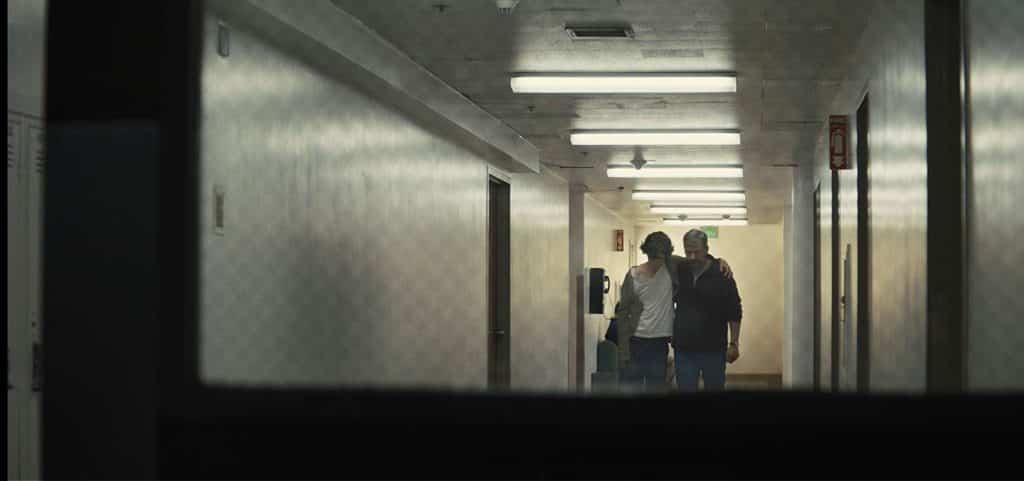
We all like to think we have control over our lives. You can choose your clothes, your job, who you surround yourself with, and so on. Sometimes though, we lose that control, or see people we care about lose it, and can’t do anything about it. This topic of control is exactly what Beautiful Boy tackles.
Beautiful Boy
Beautiful Boy is a biographical drama film based off the memoirs of David and Nick Scheff. It released on October 12 through Amazon Studios, tackling the strained relationship between a father and meth-addicted son. It jumps back and forth in time and point of view to show off the perspectives from the two books it draws from; Beautiful Boy: A Father’s Journey Through His Son’s Addiction by David Scheff, and Tweak, by Nick Scheff.
Steve Carell plays David Scheff, while Timothée Chalamet co-stars as Nick. They have a great chemistry, and Chalamet does an excellent job of making Nick a sympathetic character despite the variety of poor decisions he makes. Amy Ryan plays David’s ex-wife, with Maura Tierney acting as David’s current wife. They each bring varied perspectives of the biological parent and step-parent that has been there for long enough to feel kinship, and the mixed emotions that come with that.
Tell Me The Truth
While the cinematography keeps the story upfront without making any aspect too glamorous or horrific, it does make you stare the issue in the face. Literally. While the graphic moments uphold their truth, the lapses back and forth in time are jarring. It’s hard to tell “when” you are in their lives.
Another qualm from me is that the ex-wife seems to be more invested in Nick’s life, though is almost non-existent throughout much of the movie. Movies always take liberties with real-life stories, but in this instance it did the film a bit of a disservice. It would’ve been more effective to show both biological parents passing the torch a bit more, since it seems more like they take turns being completely hands off.

Choose Life
Having just done a podcast about Trainspotting and its sequel not long ago, I couldn’t help but compare the two. They both tackle the topic of drug abuse and addiction. While the performances by the cast in Beautiful Boy are phenomenal, the story doesn’t feel universal as Trainspotting.
Trainspotting shows how a life of drug abuse can fall on the average joe, surround you, and make it almost impossible to get out. It tells you about advertising campaigns that asked you to “Choose Life” instead of drugs, and why it seems weak and silly to do so. In essence, it explains the logic of why someone would keep using. Trainspotting made why someone would quit and relapse despite knowing how tragic the aftermath is make sense. It successfully humanizes drug addicts, because they are, in fact, human.
Beautiful Boy is harder to relate to. A supportive, loving, and extremely wealthy family providing expensive options for treatment and taking midnight flights across country is not something most of us can fathom. Not many have a successful author for a Dad and People magazine journalist as a mom. The same isn’t so for Mark Renton of Trainspotting, who lives in a small town with little to do, close friends who egg on questionable behavior, and look for ways to pass the time.
Worth The Watch
Beautiful Boy still carries a lot of emotional weight, but more through performance than story. This is worth a watch, if for nothing else but to see Steve Carrell and Timothée Chalamet do what they do best. The reality of addiction is no joke, regardless of where you come from, but for a film, connecting with the audience is the goal. I would rate this film at a 3.7 out of 5. It’s always great to see tough stories be given life, but without the cast giving depth to these characters, the story would’ve been a difficult to sit through.



